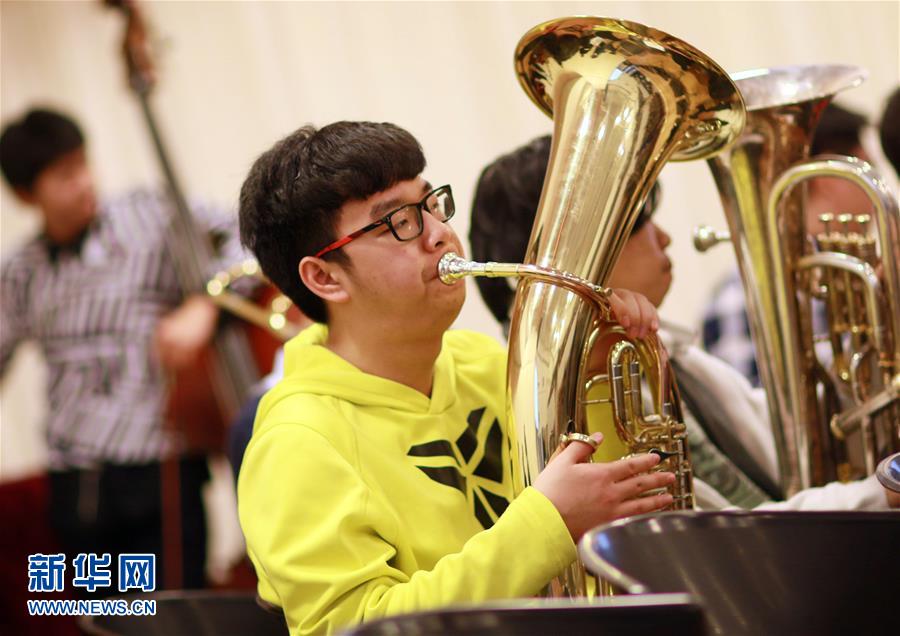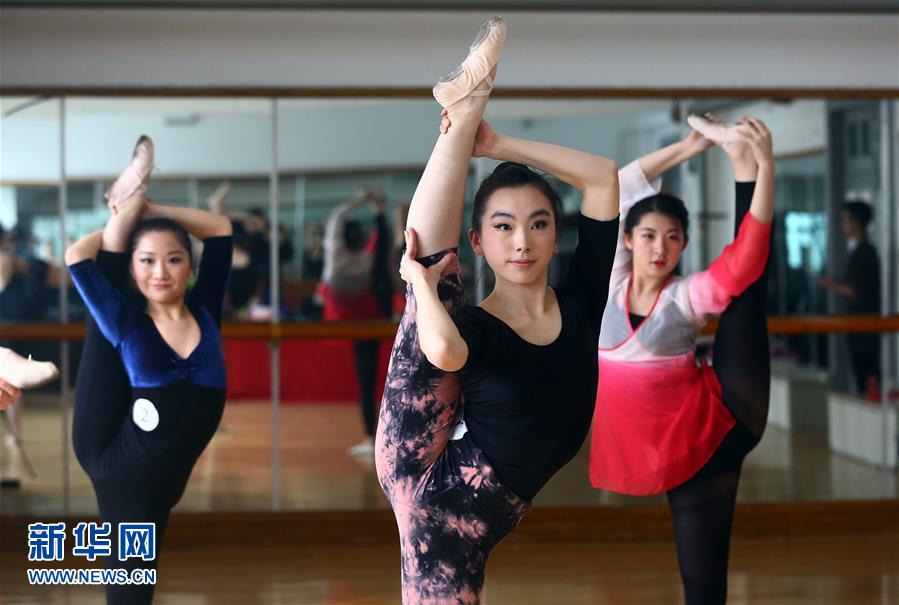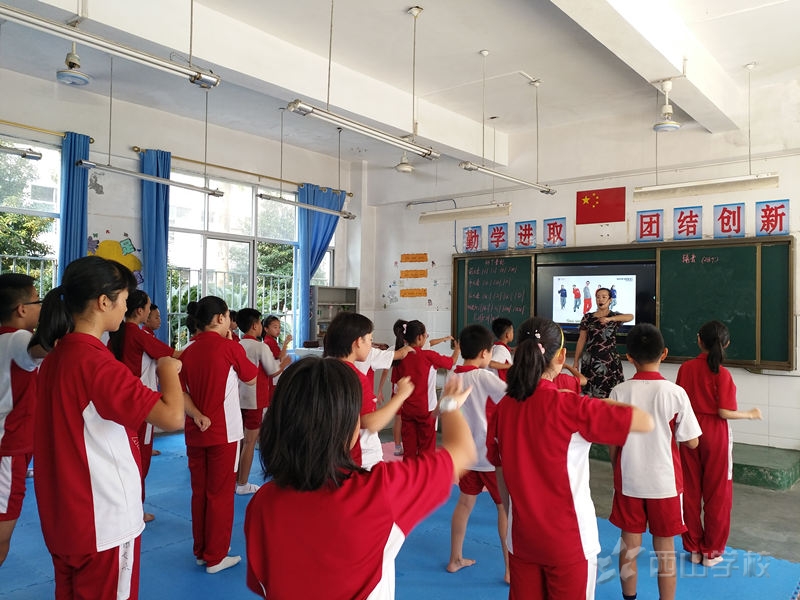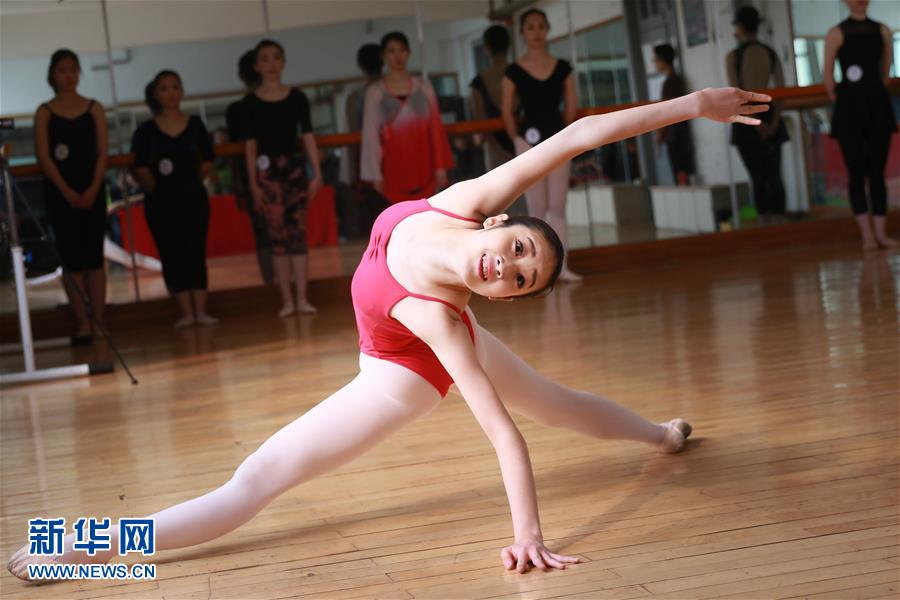
Students with standout performances in athletic, artistic or scientific competitions now are no longer eligible for extra bonus points for China’s national college entrance examinations, as part of the government’s effort to further promote educational equality.
The Beijing Education Committee has recently announced a directive to eliminate the preferential enrollment of promising athletes, artists and scientists in 2019, following the national ministry’s circular to phase out all pertinent bonus polices by 2020.
The move came based on two considerations - to “completely eradicate fraud and corruption”, and to "reverse the trend of utilitarian study of Olympiads” - according to Xiong Bingqi, vice-president of the 21st Century Education Research Institute.
Corruption and cheating on qualification certifications
Programs bestowing bonus points on the entrance exams, known as the gaokao, can be dated back to the 1950s, when the policy was originally introduced to benefit students from working class or military families, who were given priority in enrollment. The scope of the beneficiaries kept increasing after 1978 as "provincial-level outstanding students,” academic Olympiads winners and those with exceptional sports ability were granted 20 bonus points. This greatly reduced their difficulties in the gaokao as even one point can be of the utmost importance due to fierce competitions, where millions of candidates dream of a life change through it.

At its peak, the bonus point policy included over 200 different programs, with at least 10 percent of all test-takers in many provinces receiving bonus points by 2015, according to Sixth Tone.
The sheer number of ways to beef up test scores provided fertile ground for corruption and cheating. In recent years, the policy has been dogged by scandals after hundreds of examinees were discovered purchasing faked athletics certifications, which put a spotlight on the policy.
Though aiming to prioritize student merit and create a diverse selection of talented students, its opaque procedure has fueled worries about under-the-table conniving. Facing such criticism, a full implementation of reforms on the enrollment system to balance numerous conflicting interests seems increasingly imperative.
Utilitarian “talents” destroy students’ natural development
To benefit from the preferential policy, many children ended up being forced to study arts, science, math and undergo physical training at an early age.

Such cultivation of interests with destructive enthusiasm is believed to have betrayed the original intention of quality-oriented education China has been sticking to, and neglected the genuine interests of the students. The artificially shaped “talents” have degraded to being a stepping-stone to enter key universities.
Qin Chunhua, director of the Institute of Examination Research of Peking University, has metaphorically referred to the students with perfect profiles as moulded furniture.
Plus, as great investments are required to cultivate the skills, a new layer of educational unfairness has been erected, harming social mobility.
The boom of “artificial talents” is actually a result of the widespread desire for a fair and high-quality education system. To eventually achieve a satisfactory outcome, sustained efforts on educational equality and balanced distribution of resources should be enhanced.

Therefore, compared to the meat-axe of abolishment, comprehensive reform of the gaokao this time is predictable, as it serves the win-win goals extending of China’s educational policy and integrating the preferential policy into a multi-dimensional assessment system.
Students with special talents now are allowed to get a bonus in the independent recruitment of universities instead of Gaokao, which can not only initialize and simplify their hobbies and interests, but also provide paths to crack down on the boom of out-of-school training, a move to eventually optimize the ecology of basic education.


